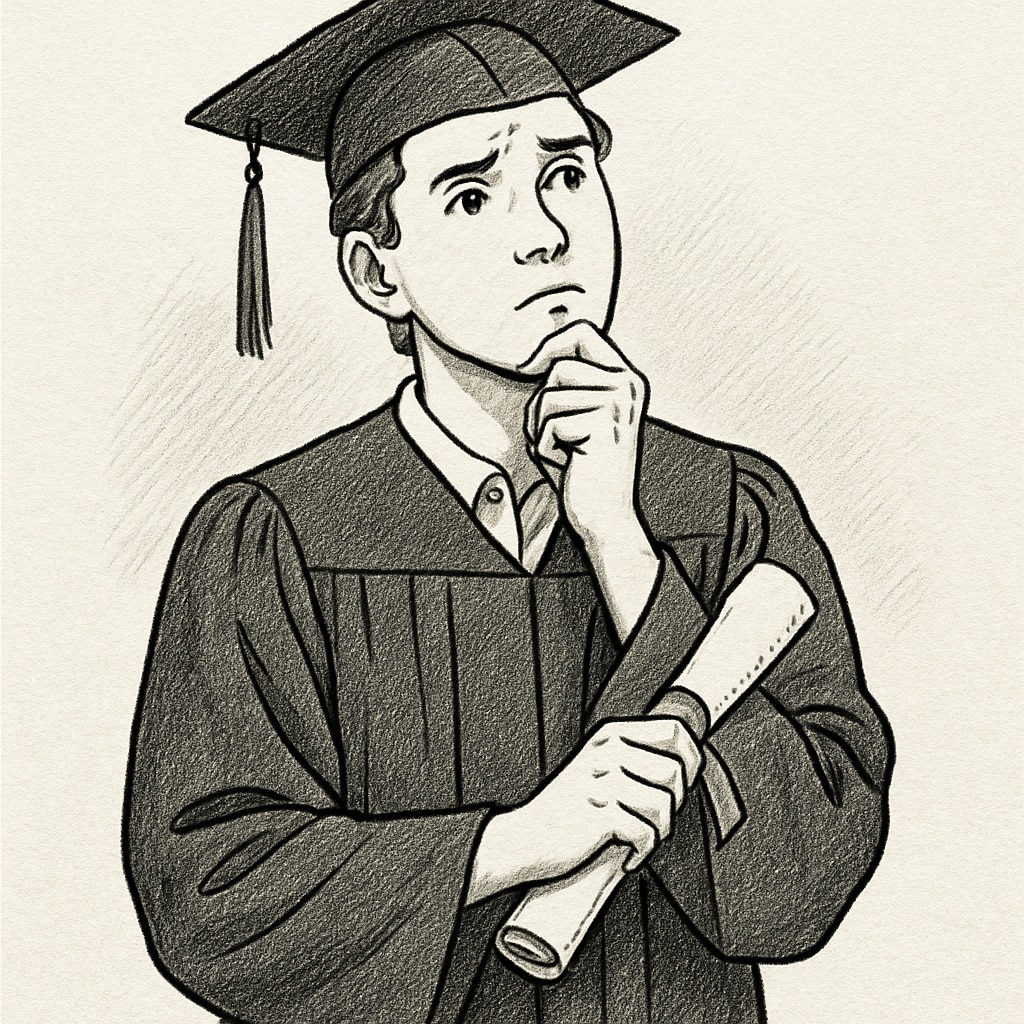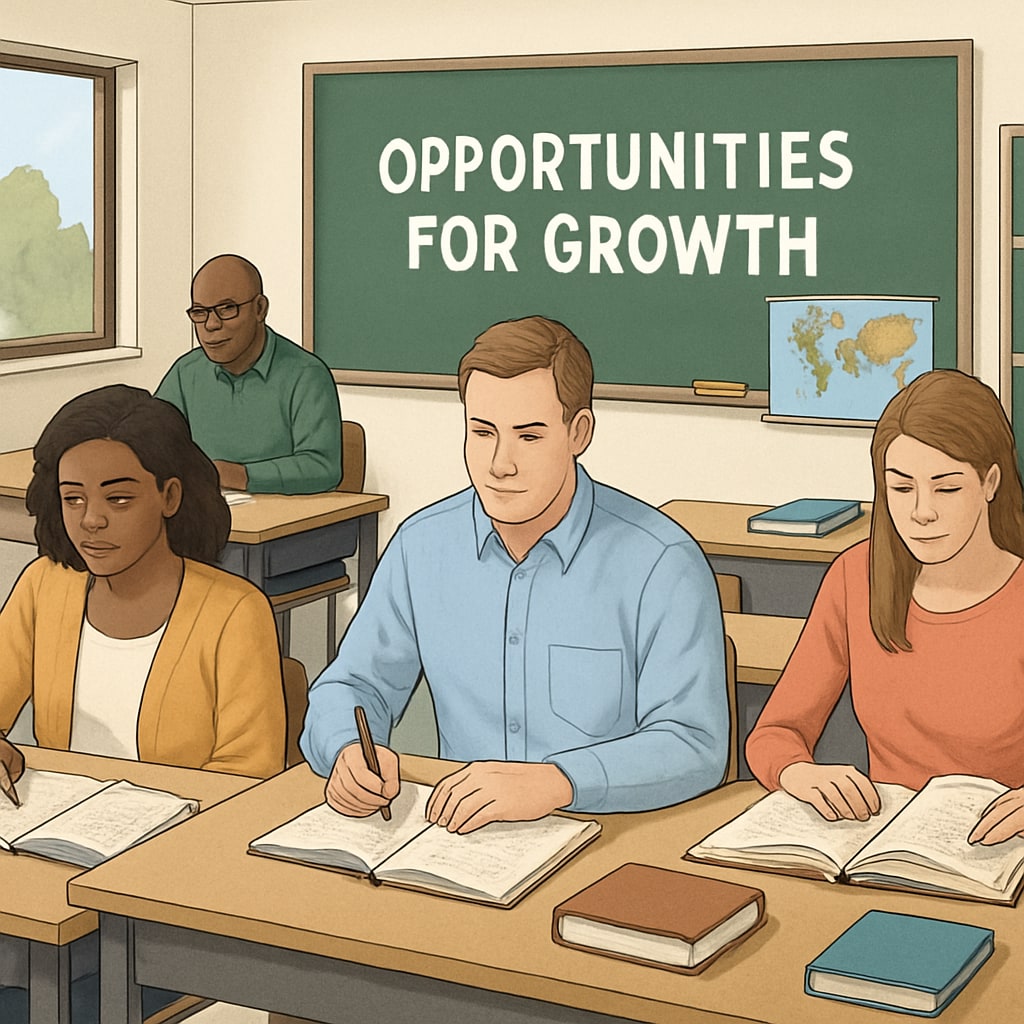Receiving a corrective diploma often comes with mixed feelings of regret and reflection on one’s academic attitude during formative years. While these diplomas signify an important milestone, they may also carry a perceived stigma compared to regular diplomas, which can impact self-esteem and future opportunities. However, transitioning from a corrective diploma to a regular diploma is not only possible but also serves as a testament to growth, determination, and resilience.
The Academic Impact of Corrective Diplomas
Corrective diplomas, often issued to students who require additional time or support to meet graduation requirements, are designed to ensure that no student is left behind. However, the distinction between corrective and regular diplomas can sometimes lead to psychological challenges. Students may feel regret over their past academic attitudes or choices, which can linger into adulthood.
For example, studies highlight how early academic attitudes—such as procrastination or lack of focus—can shape educational outcomes (source: Education on Britannica). Corrective diplomas, while valuable, often act as a reminder of missed opportunities rather than celebrated achievements.

Overcoming Regret and Reclaiming Academic Opportunities
Regret stemming from receiving a corrective diploma can be powerful, but it also provides a unique opportunity for self-improvement. Many institutions now offer paths for individuals to convert their corrective diplomas into regular diplomas. These pathways often involve supplementary coursework, vocational training, or standardized testing to demonstrate mastery of key competencies.
To successfully transition, students should focus on the following:
- Embracing a growth mindset—acknowledging past mistakes while committing to improvement.
- Exploring educational resources, such as adult learning programs or online courses.
- Seeking mentorship or guidance from educators who specialize in academic recovery.
As a result, students not only gain a regular diploma but also develop critical life skills that extend beyond academics.

Redefining Success Beyond Diplomas
It is essential to recognize that academic success is not solely defined by the type of diploma one holds. Many successful individuals have overcome setbacks in their educational journeys to achieve remarkable accomplishments. In addition, the evolving landscape of education emphasizes lifelong learning, where skills and knowledge are valued more than formal credentials.
Corrective diploma holders should focus on leveraging their unique experiences to build resilience and adaptability. Whether through vocational training, higher education, or professional certifications, there are numerous avenues to redefine success and achieve personal and professional goals.
For more information on academic pathways and success strategies, explore resources like Lifelong Learning on Wikipedia.
Conclusion: Transforming Regret into Growth
Receiving a corrective diploma is not the end of the road but rather a stepping stone toward greater achievements. By addressing past academic attitudes, embracing opportunities for growth, and pursuing additional education, individuals can transition to regular diplomas or redefine their academic journeys entirely. This transformation demonstrates that success is not about where you start but how you persevere and evolve.


